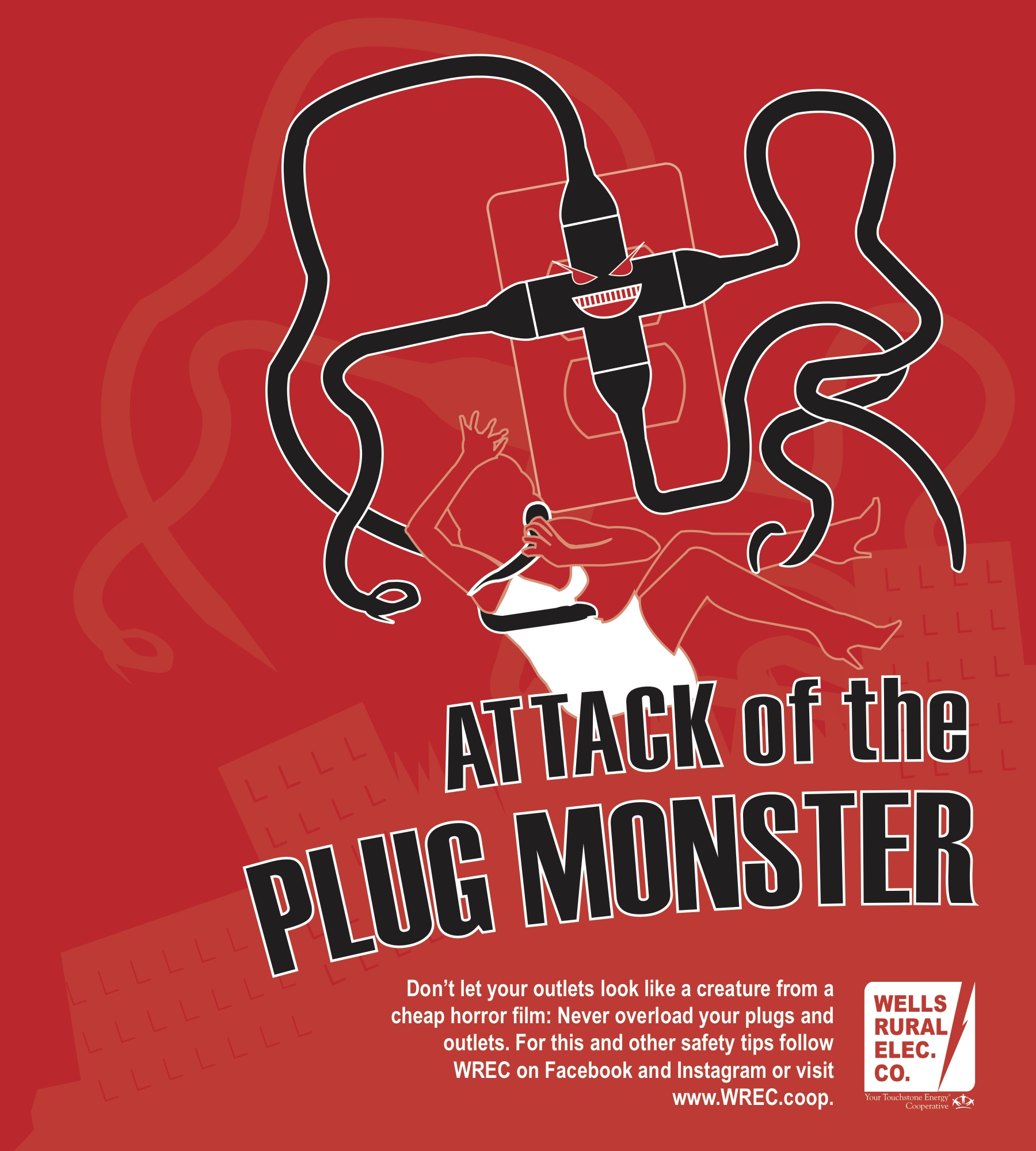
About 70% of cannabis dispensaries in Colorado in a survey recommended cannabis products for relieving morning sickness in pregnant women, researchers found.
Moreover, two-thirds of these recommendations were based on “personal opinion” rather than research, reported Becky Dickson, MD, of the University of Colorado School of Medicine and the Colorado School of Public Health in Aurora, and colleagues.
And more than a third of these dispensaries stated that cannabis use was safe in pregnancy, the authors wrote in Obstetrics and Gynecology.
Dickson and colleagues cited recommendations from the American College of Obstetricians and Gynecologists (ACOG) that “obstetrician-gynecologists should be discouraged from prescribing or suggesting the use of marijuana for medicinal purposes during pre-conception, pregnancy and lactation.”
However, expanding legalization of marijuana may increase its use by pregnant women, the study authors noted. The authors cited a study of the Special Supplemental Nutrition Program for Women, Infants and Children (WIC) in Colorado that found a little under half of women reported marijuana use during their prior pregnancy “to help with nausea and vomiting.” In addition, they said that pregnant women may avoid discussing this issue with healthcare providers, for fear of “legal repercussions.”
Dickson and colleagues used a mystery caller approach to conduct a statewide cross-sectional study of randomly selected cannabis dispensaries in Colorado. The caller pretended to be a pregnant woman who was experiencing morning sickness at 8 weeks.
Of the 400 dispensaries that were contacted, a similar portion were licensed for medical use (37%) as medical and retail use (35%), with 28% being retail only. A large majority of these pharmacies were in urban areas.
Overall, 69% recommended cannabis products for “morning sickness,” with medical dispensaries having the highest frequency of recommendation (83%). There were 277 dispensaries recommending a product, with 65% basing their recommendation on “personal opinion”; 6% referenced research and 30% did not specify a basis. Interestingly, 9% started off by saying they could not recommend any products, but then did recommend a product.
Only 4.7% of dispensaries told callers about risk of fetal harm and 1.8% indicated a risk of both maternal and fetal harm.
But when asked by the caller if she should discuss cannabis use with a healthcare provider, 81.5% of dispensaries recommended this discussion. But only 32% of dispensaries made the recommendation to talk to a healthcare provider without prompting, the authors said. About a quarter of dispensaries recommended the caller “obtain more information by going online.”
The authors concluded that women should be cautioned by their providers that “advise from dispensary employees might not necessarily be informed by medical evidence.”
They cautioned that one dispensary employee was said to have stated to the mystery caller, “After 8 weeks [of pregnancy], everything should be good with consuming, like, alcohol and weed and stuff, but I would wait an extra week.
This study was supported by the Colorado Clinical and Translational Sciences Institute.
Dickson disclosed no conflicts of interest. One co-author disclosed support from the NICHD.




